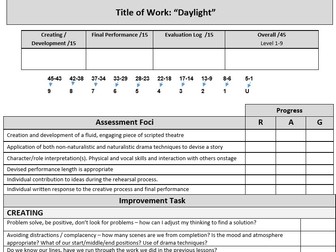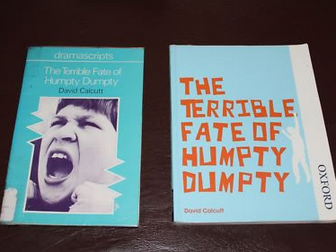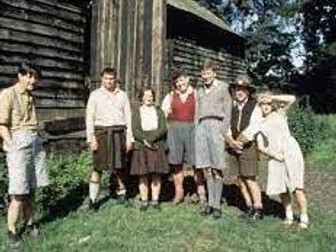Craig and Bentley Year 9 work booklet
<p>This is a lesson-by-lesson work booklet for a KS3 Drama class, ideally a Year 9 group. The focus ranges from devising your “Documentary Drama” as well as “whole class” group work opportunities. The booklet is detailed, with any tasks for students to complete and a space for homework. Ideal for a full half term of teaching or more!</p>
<p>The topic focus is on Christopher Craig and Derek Bentley’s famous “Let Him Have It” story, we take students through the before, during (warehouse roof, courtroom) and aftermath, dicussing / debating the death penalty and the wider ethics of capita; punishment via forum theatre and paired/group drama activities.</p>
<p>The unit culminates in a filmed “documentary” drama of the story.</p>
<p>This is a very detailed work booklet, and can be adapted. Ideal for a department looking to develop work booklets in to their programme of study.</p>






